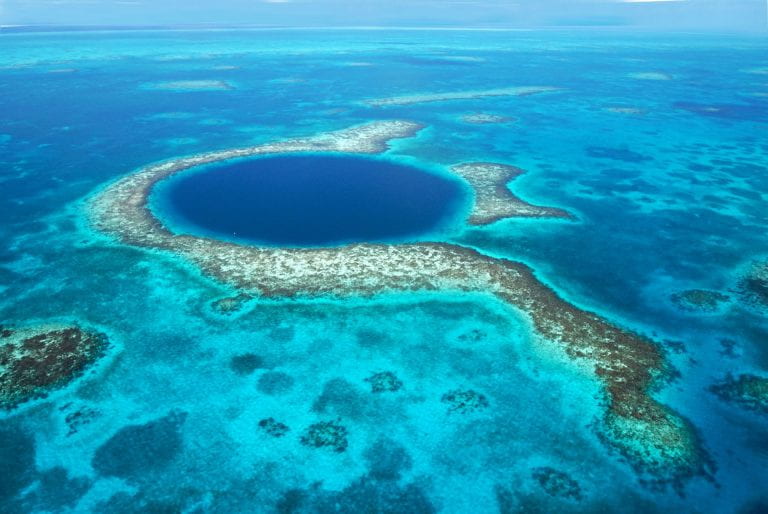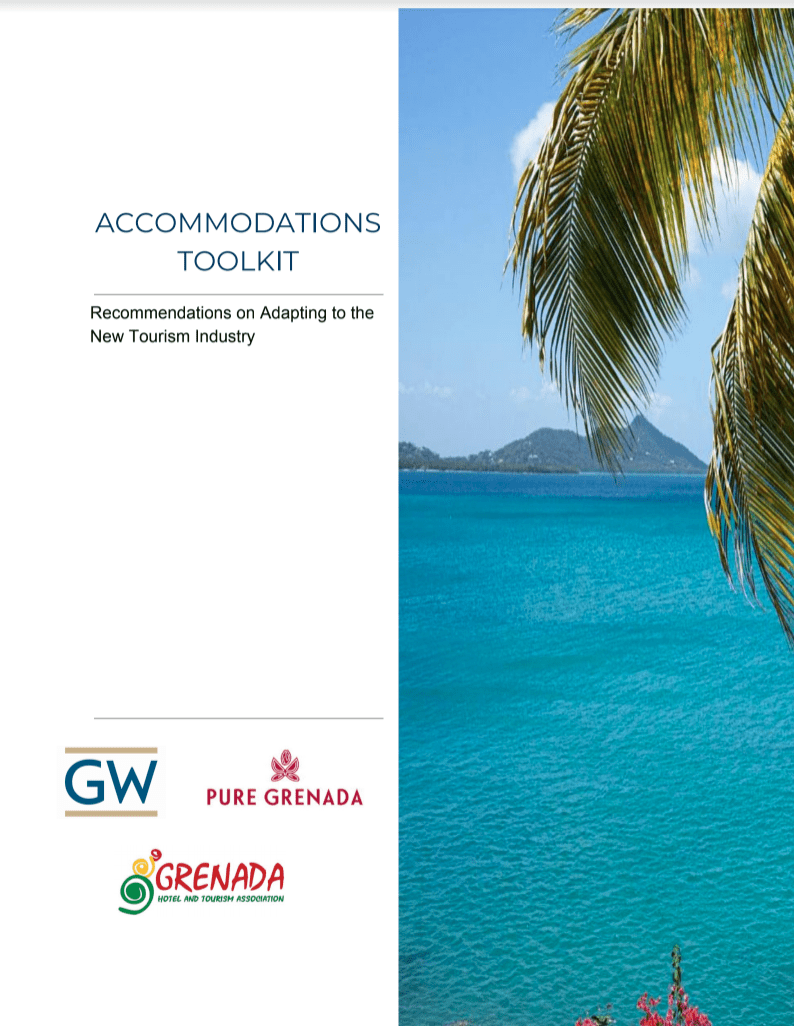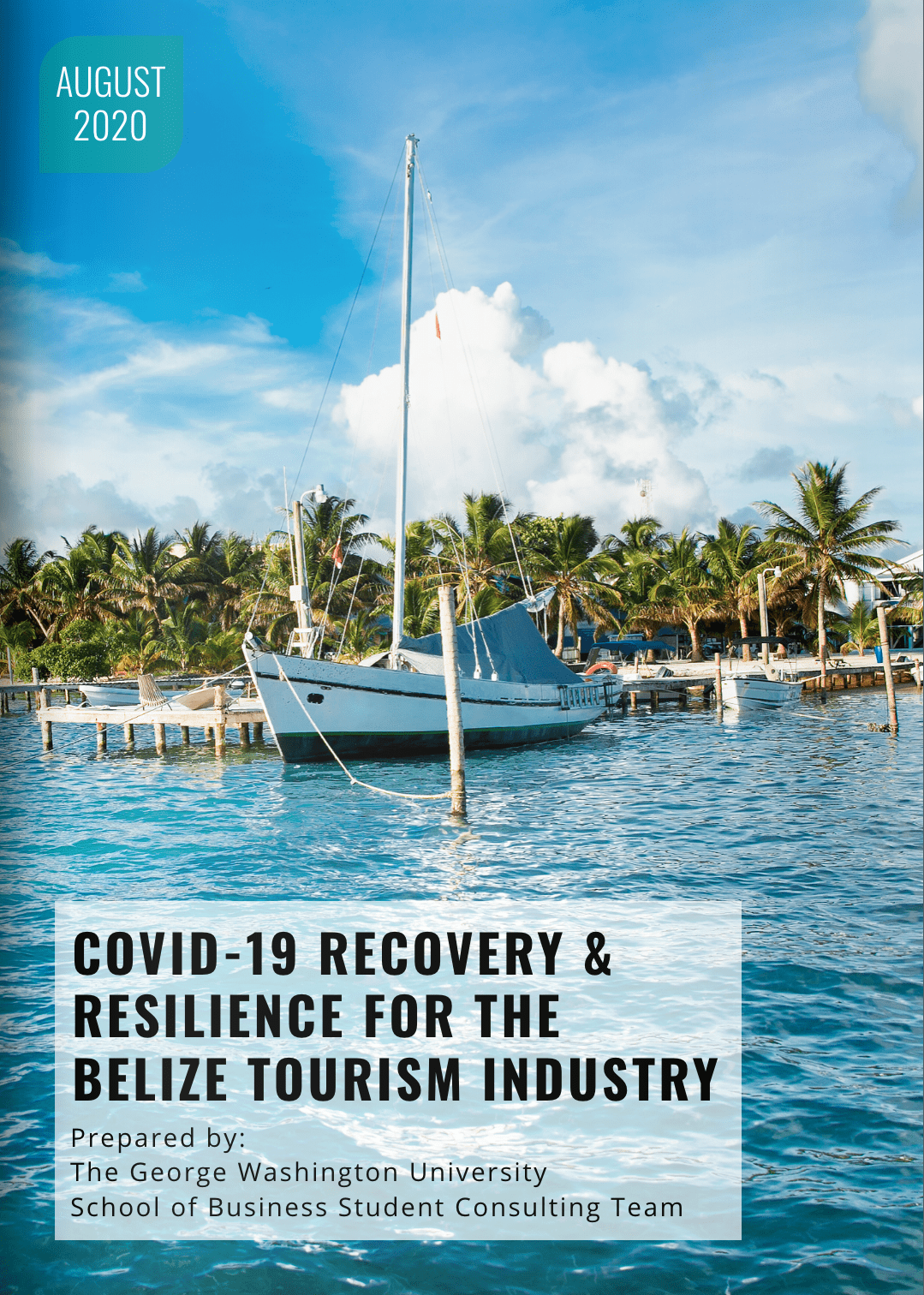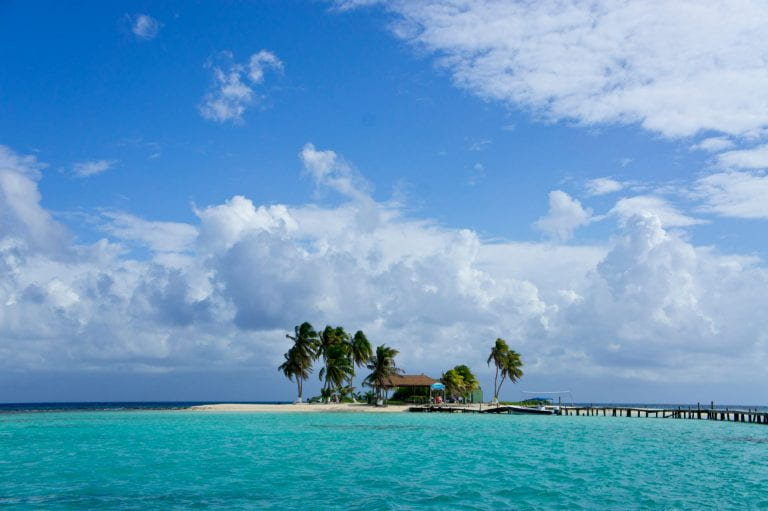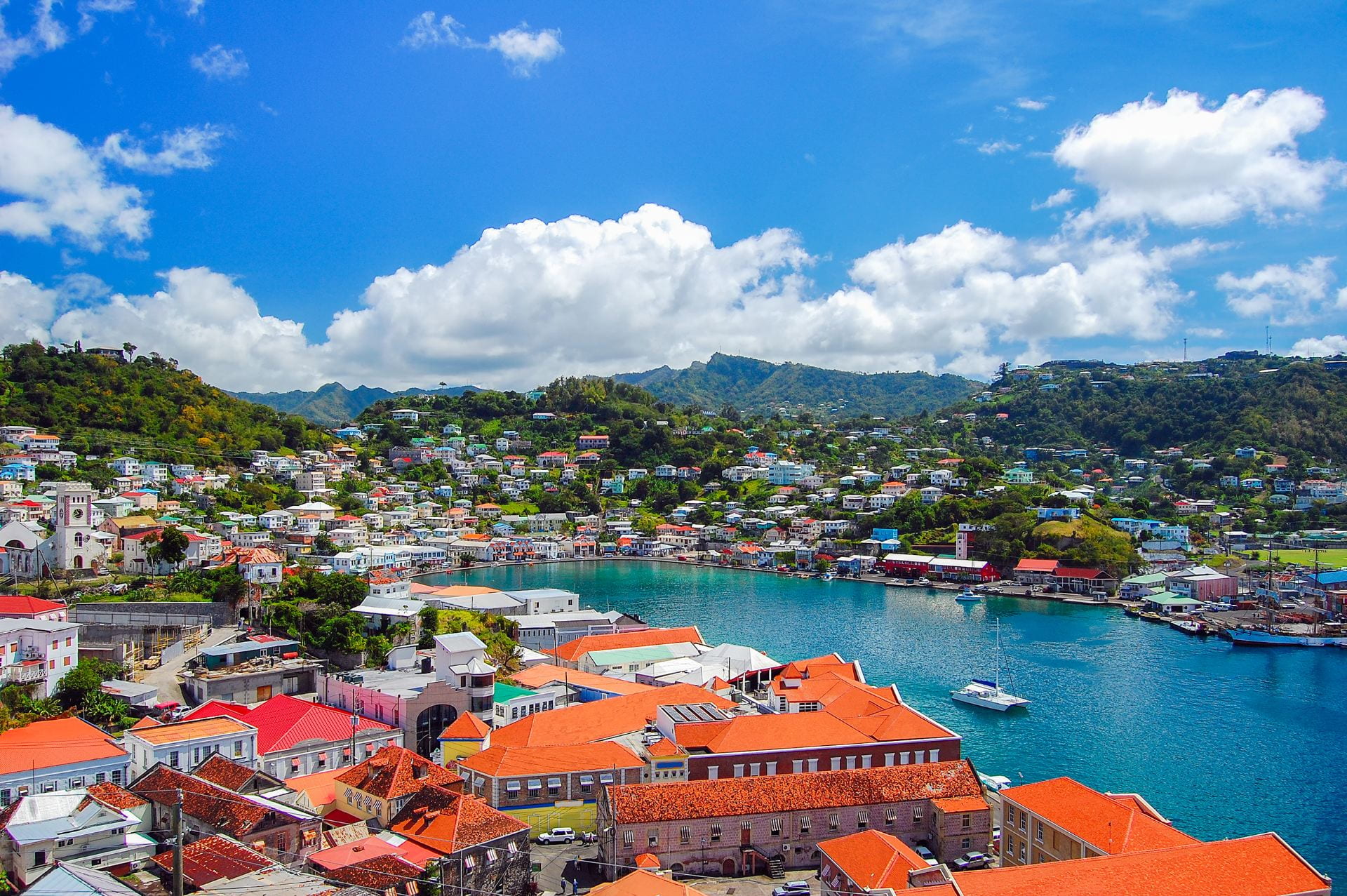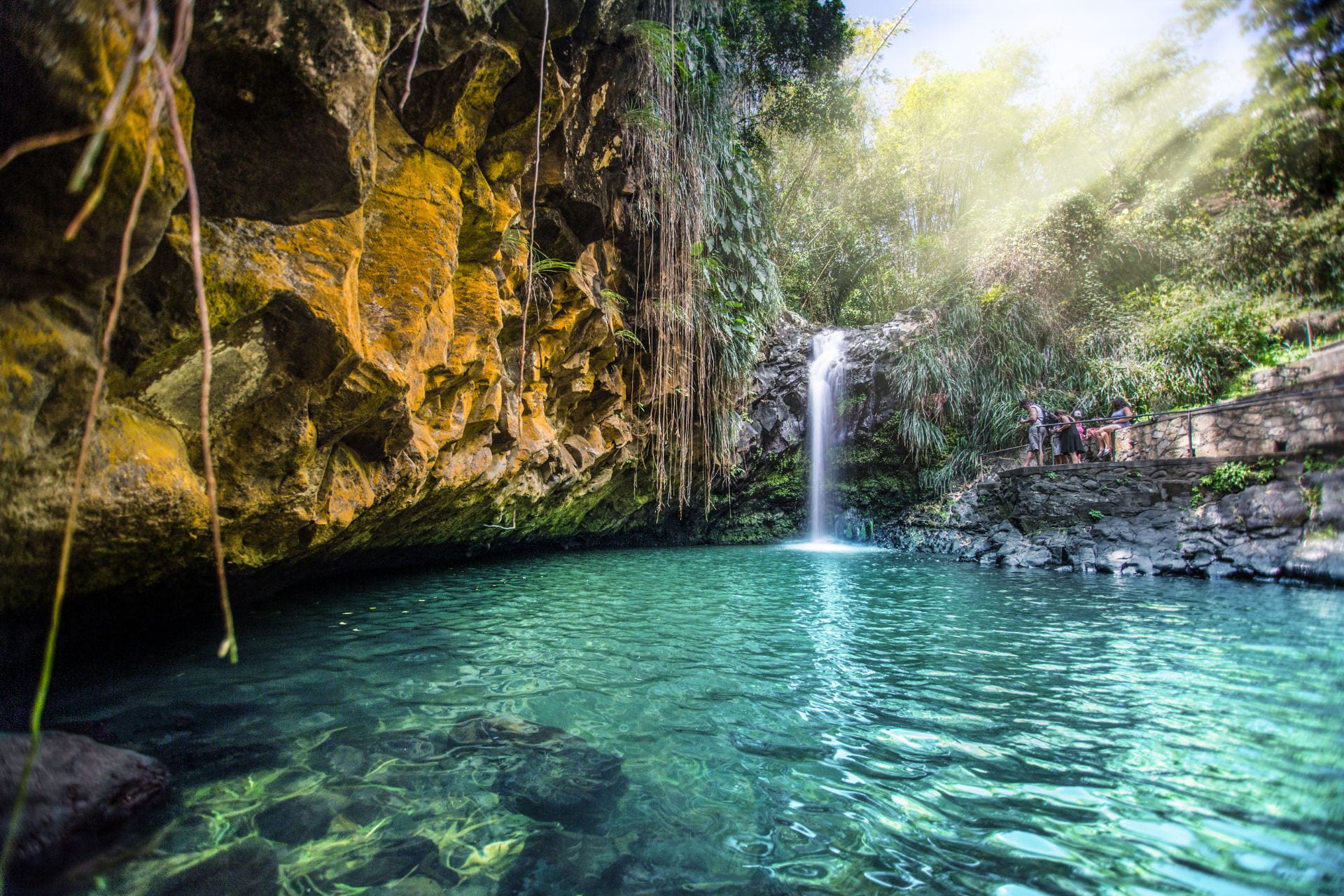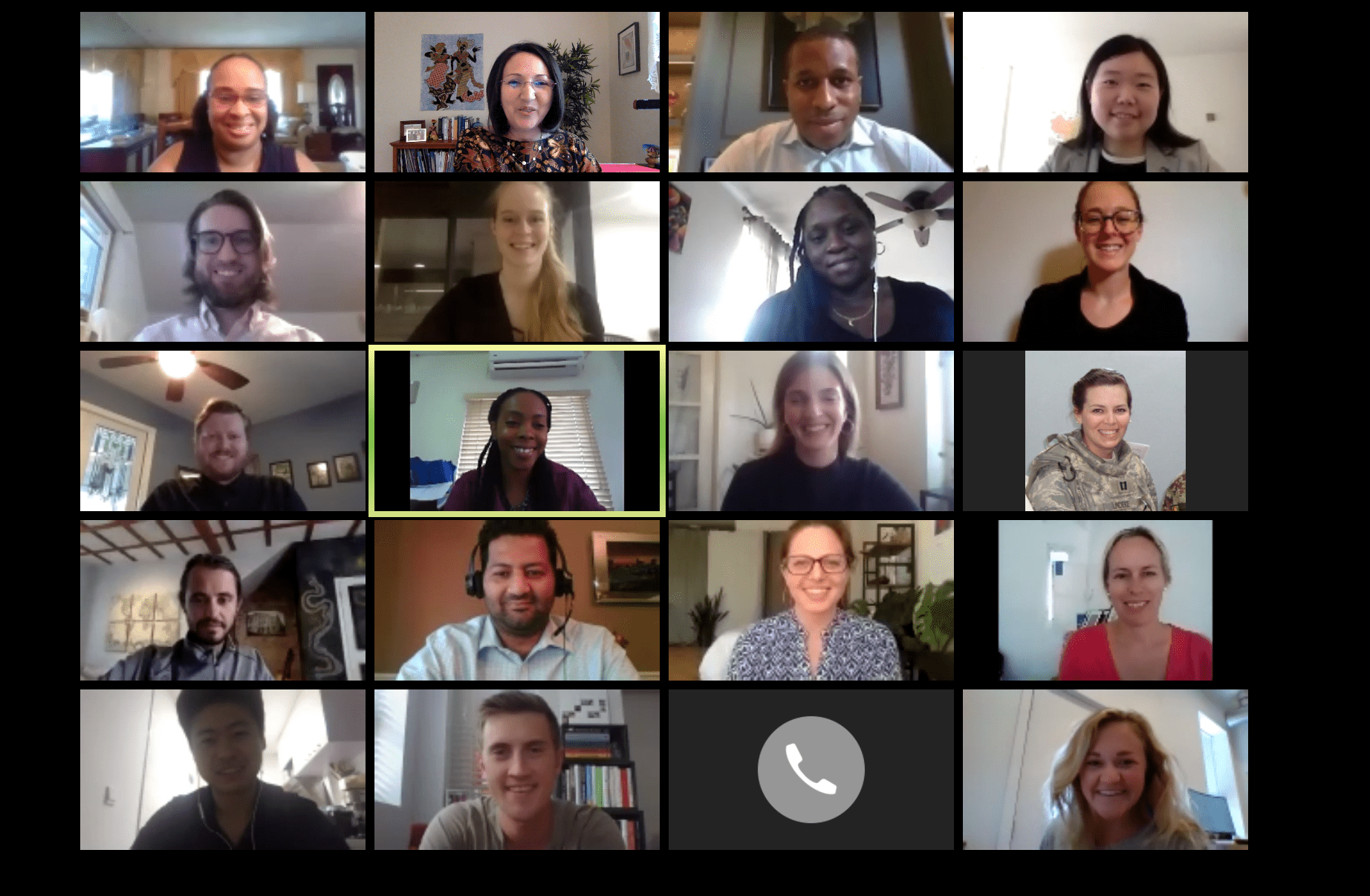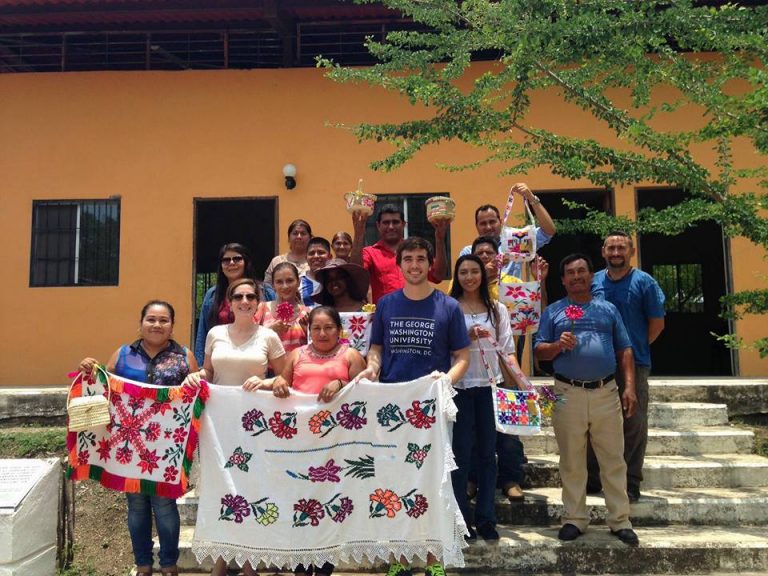“Digitalization” was already a buzzword in tourism before the COVID-19 global health pandemic began in 2020, but the topic has since taken on new life as destinations and businesses develop and implement recovery strategies. In a recent survey by Skift of more than 1,000 tourism industry leaders, just over 80% said that they considered digital transformation strategies much more important or somewhat more important in light of COVID-19. The shift to digital is no longer simply helpful, but a requirement to remain competitive as travel rebounds.
For many tourism stakeholders in the Caribbean, digital transformation was not a top priority prior to the pandemic. According to Faye Gill, Director of Membership Services for the Caribbean Tourism Organization (CTO), “As we recover and evolve from the impacts the pandemic has had on tourism in the Caribbean, we have identified the need for small, medium and even micro- tourism enterprises to leverage training and tools that can help them to capitalize on the efficiencies gained from implementing online processes, and systems, which can ultimately improve their ability to effectively compete in today’s dynamic environment.”
To address these challenges head on, CTO partnered with George Washington University’s International Institute of Tourism Studies (GW IITS) to develop a set of resources that would address the urgent need for digital transformation. The project was led by two recent George Washington University Master of Tourism (MTA) alumni, Beth Wright and Monica Schmidt. The recent graduates took part in GW MTA’s consulting project in the summer of 2020, working with a small team of students to develop COVID-19 recovery and resiliency strategies for the Belize Ministry of Tourism & Diaspora Relations. Following the success of the student consulting project, the two drew upon their learning from their capstone project to develop digital capacity building resources at a wider scale for the Caribbean.


The outcome of the GW and CTO partnership, which took place in the spring of 2021, was the delivery of two new, ready-to-use, resources: 1) a tourism research dashboard for tourism destinations, to aid in the rapid dissemination of data digitally, and 2) a digital capacity building toolkit for small to medium-sized tourism enterprises. Both tools focus on practical frameworks and resources for destination managers and tourism business owners and operators to rebuild their online presence and communications that allows them to compete on the global tourism scale.
The COVID-19 pandemic has spurred new opportunities for graduate level university programs to tangibly contribute to real-world solutions.
The COVID-19 pandemic has spurred new opportunities for graduate level university programs to tangibly contribute to real-world solutions. The hands-on graduate consulting projects, as part of the MTA program, are a successful model for strategic partnerships between higher education institutions and regional development organizations that can result in meaningful and timely outcomes. Focusing on scaling these resources further, GW IITS and the CTO will be rolling out more training and mentoring opportunities for tourism businesses in the Caribbean in the coming months.
To watch a recording of the workshop led by Beth and Monica outlining the resources they developed, click here.
The Digital Toolkit for Tourism Businesses can be downloaded at: https://www.onecaribbean.org/resources/digital-tourism-toolkit/

